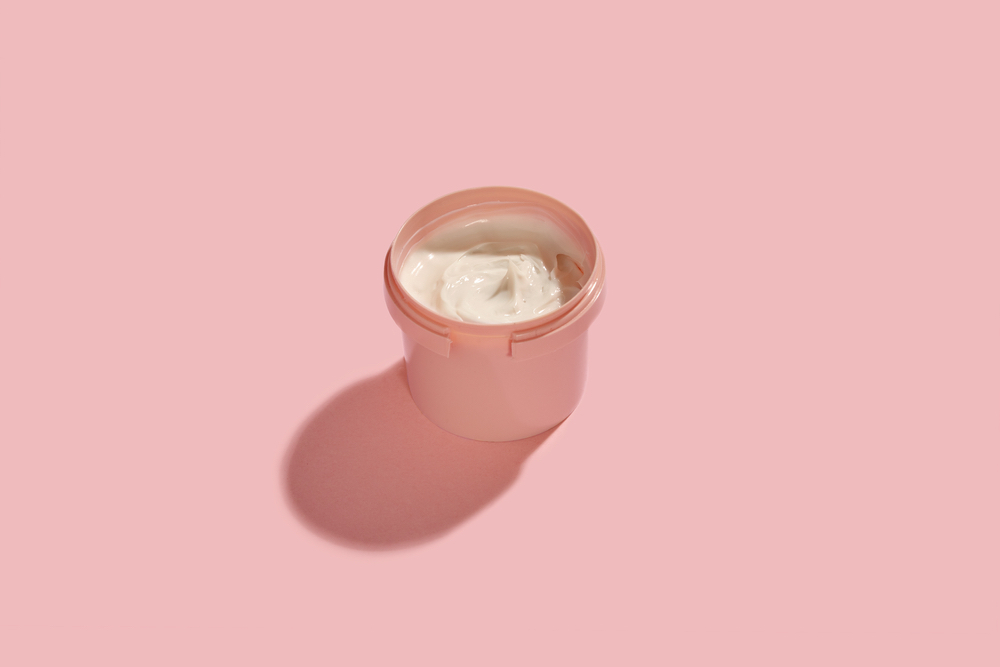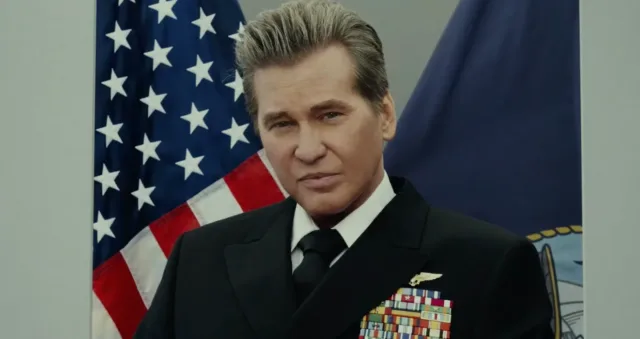Johnson & Johnson Will Be Suspending the Sale of Alleged ‘Skin-Lightening’ Products

Johnson & Johnson has discontinued the sale of controversial “skin-lightening” products sold in Asia.
This monolithic multinational corporation and worldwide distributor of consumer goods have been under attack for allegedly promoting “skin-lightening” products across Asia. The company owns leading skincare and cosmetic lines Neutrogena and Clean & Clear and has begun discontinuing and withdrawing questionable products implicated with advertising and popularizing “skin-lightening.”
Johnson & Johnson said it would stop selling skin-lightening creams in Asia and the Middle East. The decision comes after growing pressure on cosmetics makers to end marketing that suggests fair or white skin is better than darker tones. https://t.co/ZXavQybczL
— The New York Times (@nytimes) June 20, 2020
Although possibly benign in nature, the beauty products in question, Neutrogena’s Fine Fairness line as well as Clean & Clear’s Clear Fairness, are designed to fade dark spots, to create a lighter, creamier complexion. Consequently, these products have nurtured unhealthy beauty standards: Most relevantly, the ever-prevailing, deeply-flawed, and painfully problematic perception of “white” as “aesthetically pleasing”, and “dark” as an “undesirable” trait.
Johnson & Johnson will stop selling skin-whitening creams, saying it was “never our intention” to suggest lighter skin is “better.”
The WHO says 61% of women in India and 40% in Africa use skin-lightening products. Many are linked to cancer and other health problems. pic.twitter.com/KPZTP1dSPO
— AJ+ (@ajplus) June 20, 2020
These controversial products have been abused to achieve an overall white-presenting appearance; they are undermining diversity by pushing homogeneity, or a singular prescription for beauty. Commercials capitalize on these new, problematic beauty ideals, this fixation with and fetishizing of whiteness, to reap profits. According to The New York Times, an Asian commercial for the “skin-lightening” product even boasts it “allows a customer to whiten more thoroughly.”
Johnson & Johnson has recently strived to promote diversity and has even expanded their band-aid colors to appeal to a wider range of consumers.
The officers who killed Breonna Taylor still haven’t been charged but Johnson & Johnson is finally making darker colored band aids, NASCAR finally banned the Confederate Flag and major companies are giving people Juneteenth off 155 years later and that’s being taken “progress”
— Carrington Harrison (@cdotharrison) June 16, 2020
In response to public backlash and “colorist” implications, Johnson & Johnson commented, “This [skin-lightening] was never our intention — healthy skin is beautiful skin.” In addition to their powerful press release, the company swiftly removed/ discontinued the products in question.
“Healthy skin is beautiful skin”: Johnson & Johnson said it would no longer sell dark-spot-reducing products popular in Asia and the Middle East that “represent fairness or white as better than your own unique skin tone” https://t.co/E3ycOB91CC
— New York Times World (@nytimesworld) June 19, 2020
Although the products in question are notably not sold in the United States, Neutrogena and Clean & Clear are extremely popular throughout America. Informed, ethical consumers must seriously consider which brands deserve their business, and focus on ones that champion customers of all races and celebrate diversity.
I am a plucky Sophomore at Wesleyan University with a passion for writing, fashion, running, and extremely strong coffee—so strong that it would make a 6’5’’ WWE wrestler weep. I am a small person with a big personality, only intensified by the coffee, that seeps into both my bold street and writing style. I am currently based in the Washington, D.C. Metropolitan area and am excited to work for such an empowering, female-focused publication. During this trying time in history it is more important than ever for women to continue lifting each other up and spreading positive energy!




